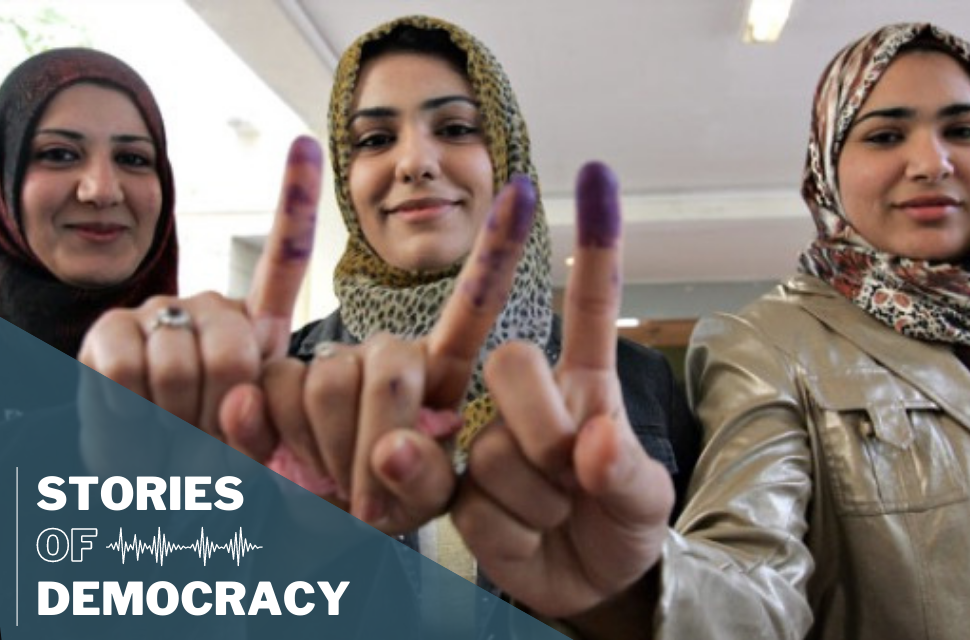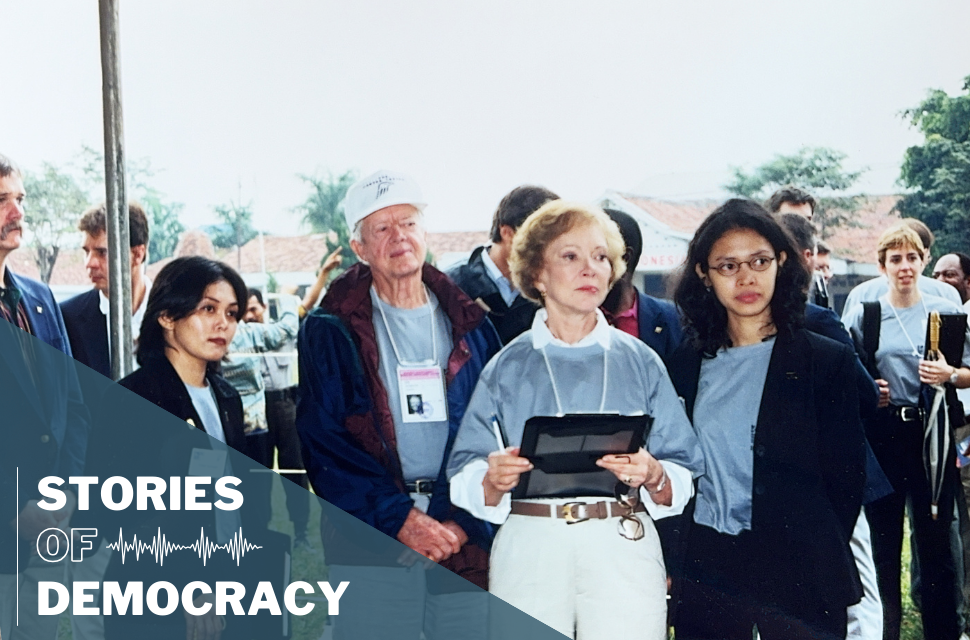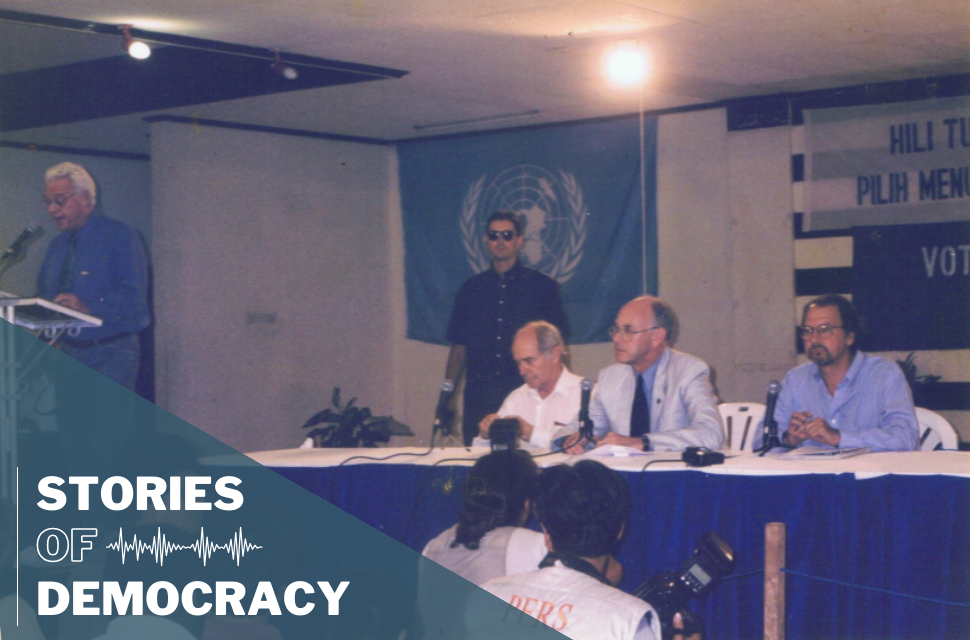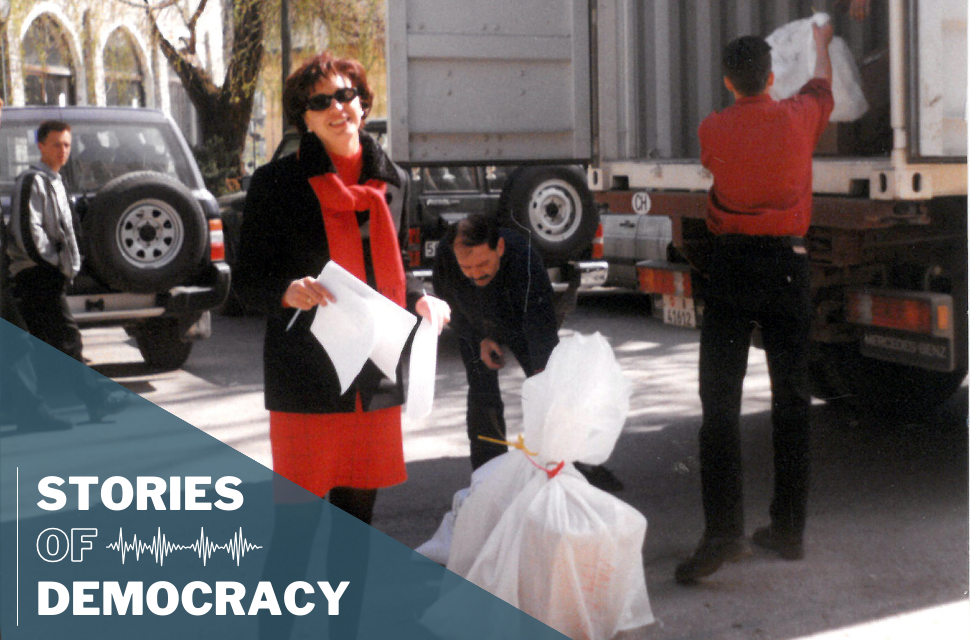Iraq - 2005 - Transitional National Assembly, Constitutional Referendum, and Council of Representatives Elections

During the political transition of Iraq after the United States military intervention, elections were held to form an interim government. Safwat Sidqi speaks about his experience on the Independent Electoral Commission of these historic elections.
In November 2003, the US-managed Coalition Provisional Authority declared plans to grant sovereignty of Iraq to an interim indirectly elected government, which occurred in June 2004. The indirect election was an important step in the transition of control over the territory from the United States to the Iraqi people. In 2004, the Iraqi Interim Government announced the conduct of elections in January 2005 to establish the 275-seat Transitional National Assembly, of which 25 percent of seats were reserved for women. The elections were organized by an Independent Electoral Commission (IEC), of which Safwat Sidqi was a member. This election was followed by a successful constitutional referendum in October and an election for the government as mandated in the constitution in December 2005.
Despite the difficult conditions within the country and isolated violent incidents—which caused 25 deaths—over 8 million voters participated in Iraq, with some 93,000 Iraqis casting their ballots from overseas. The relative calm of election day was the result of citizens' commitment to their suffrage rights and detailed security measures. The success of the election can, in part, be attributed to the efforts of domestic observation missions to ensure that the electoral process is completed with transparency and integrity. The presence of domestic observers also helped to promote public engagement and trust in the democratic process at a time when Iraqis had little faith in the motives of their government.
Hear more about Safwat’s experiences as a member of the Independent Electoral Commission for Iraq in the recording above.
.png)
.png)

.png)

.png)







.png)





.png)



.png)




.png)
.png)
.png)
.png)
